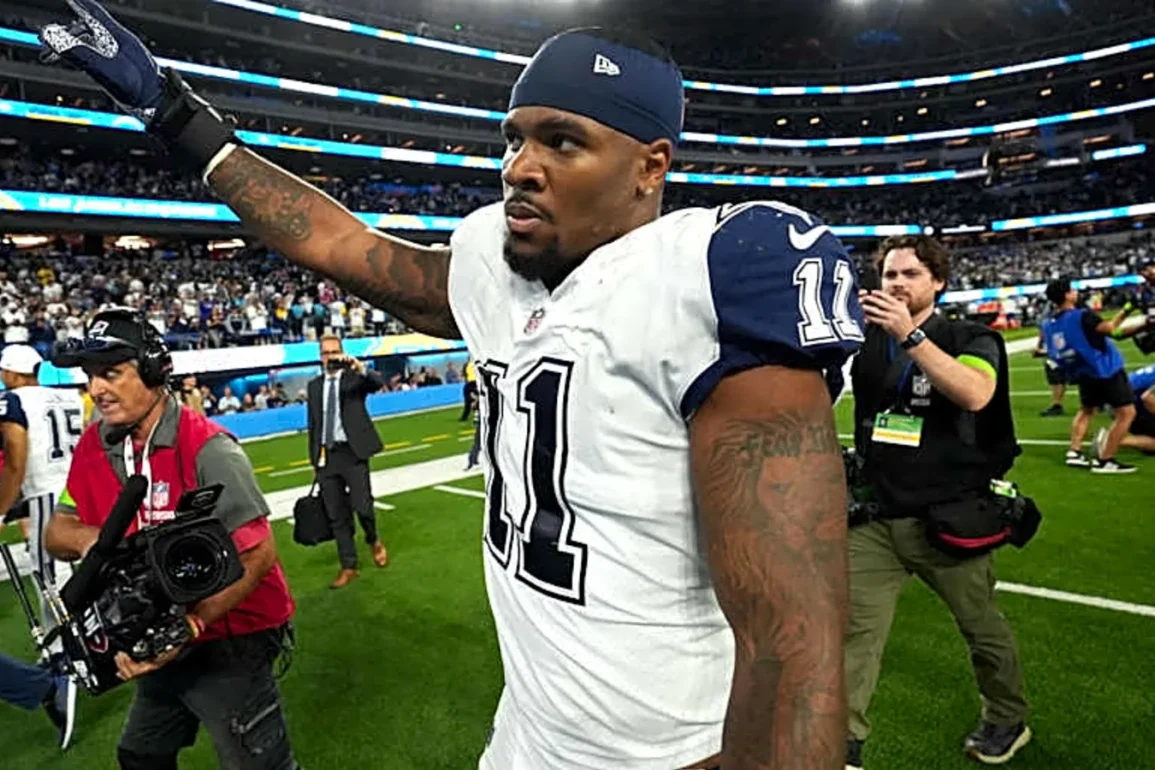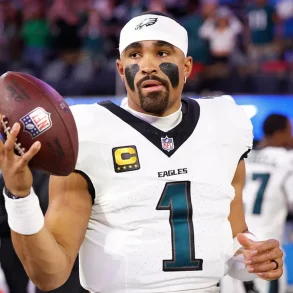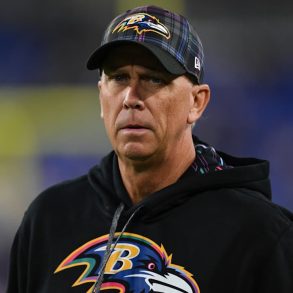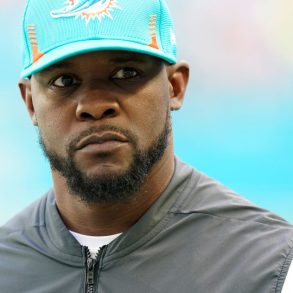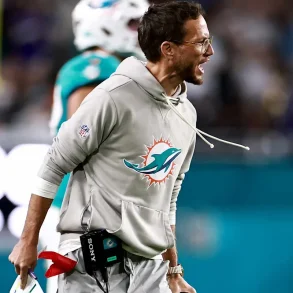The Dallas Cowboys have developed a reputation for delaying contract negotiations with their key players rather than addressing them proactively. This ongoing trend reflects a reluctance to pay market value in a timely manner, often accompanied by public explanations that shift responsibility to the players. The situation surrounding star linebacker Micah Parsons is the latest example of this recurring strategy.
Stephen Jones Shifts Blame as Cowboys Prepare to Lowball Micah Parsons’ Deal
During training camp, amidst chants from fans to “pay Micah,” Cowboys executive Stephen Jones made a curious statement: “We want to pay Micah too. He’s got to want to be paid.” This remark, reported by Clarence E. Hill, Jr., implies that the onus is on Parsons to accept an offer, regardless of its fairness or competitiveness. The underlying message is clear—the team will extend a deal, but likely one that undervalues his true worth.
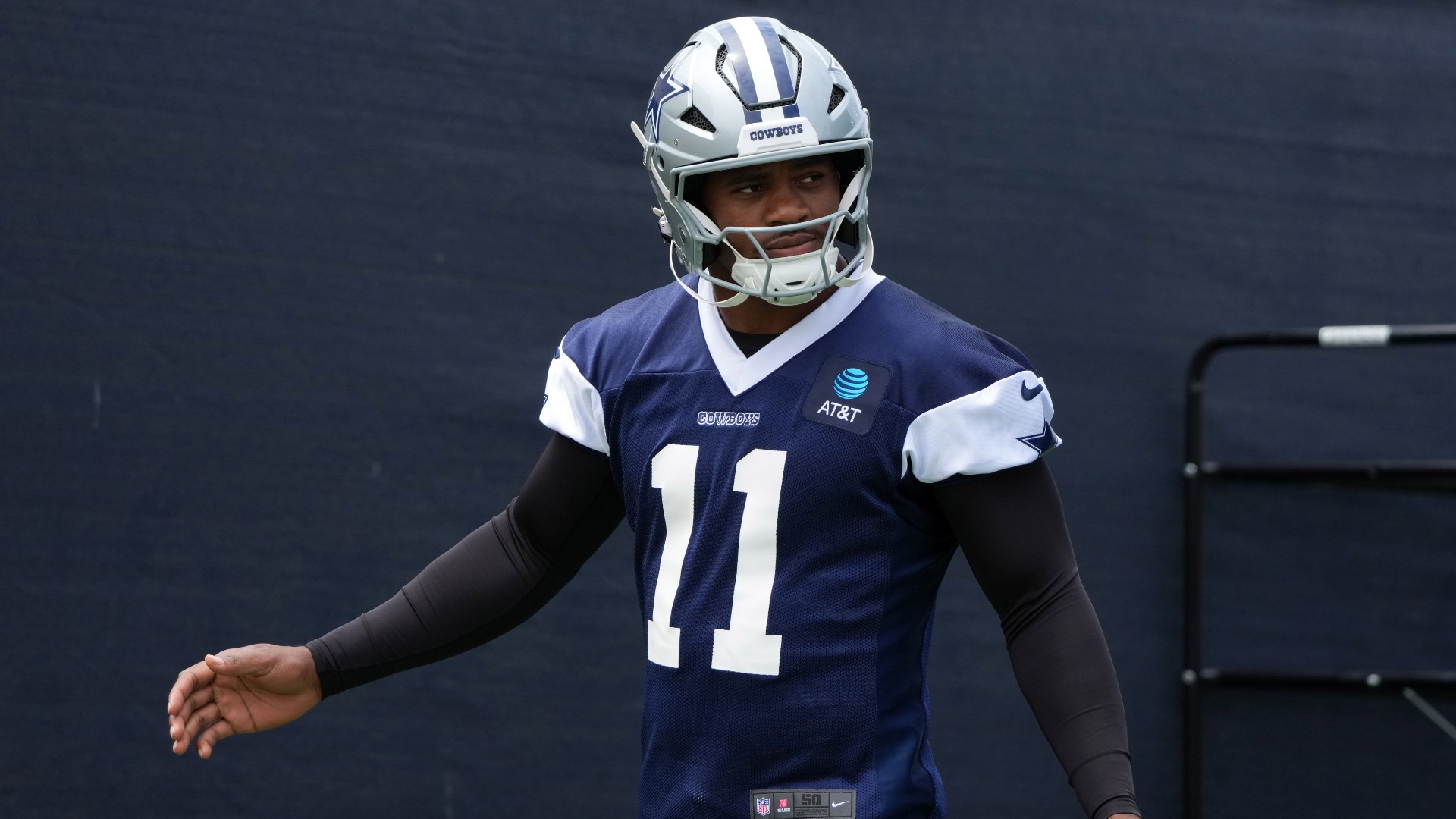
Observers predict that the Cowboys will lowball Parsons before the start of the season, offering a deal worth significantly less than if he had chosen to hold out. At that point, Parsons would be faced with a difficult decision: accept a subpar contract now or risk holding out for better terms later. This strategy forces pressure onto the player while preserving the team’s short-term cap flexibility.
Cowboys’ Short-Term Bargain Strategy May Backfire with Long-Term Financial Consequences
If Parsons declines the offer, the Cowboys are expected to proceed with paying him his current $24 million for the season and then use the exclusive franchise tag on him the following year. This would allow them to delay a long-term commitment once again. By doing so, they could maintain control while continuing to avoid paying top market value until it becomes absolutely necessary.
While this method may seem financially savvy in the short term, securing two high-performing seasons from Parsons for a total of $27 million, it risks future complications and higher long-term costs. For a player of Parsons’s caliber, this approach is undeniably a bargain for the Cowboys. However, it underscores a broader issue: the team’s habit of procrastinating on contracts often leads to more expensive outcomes down the line.



